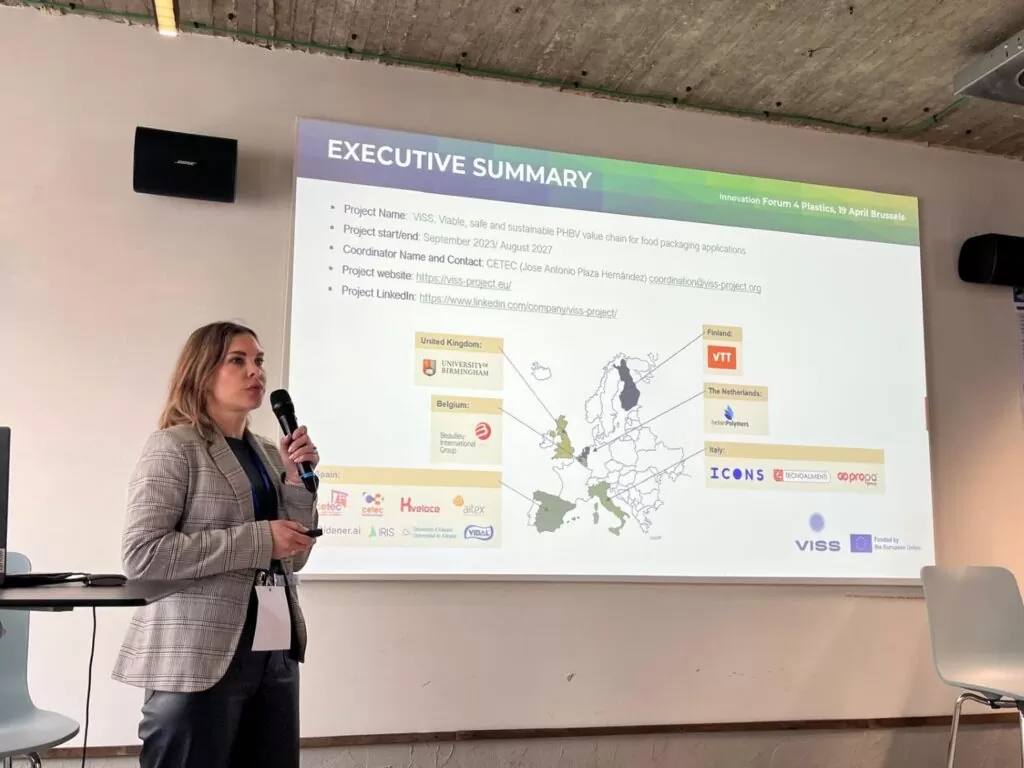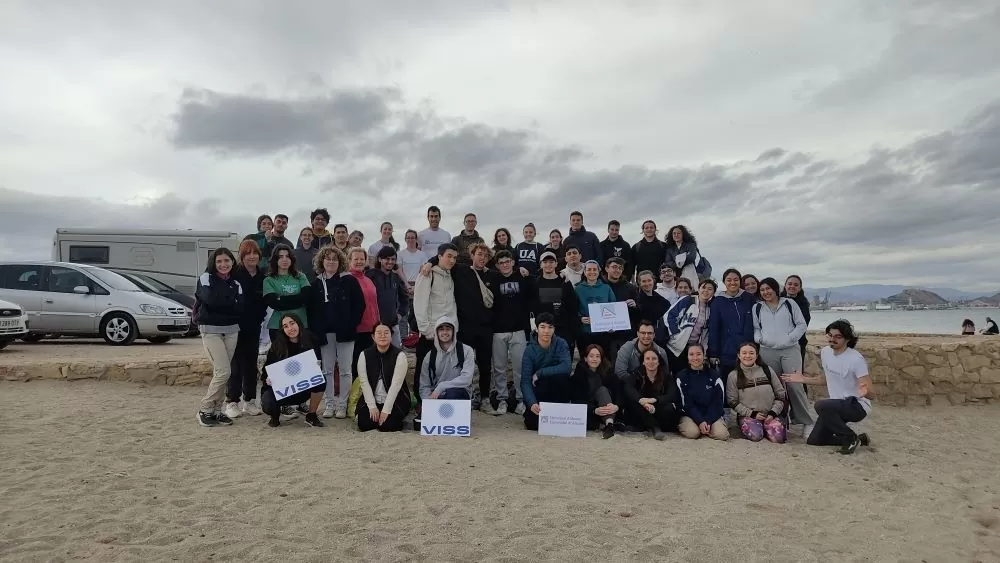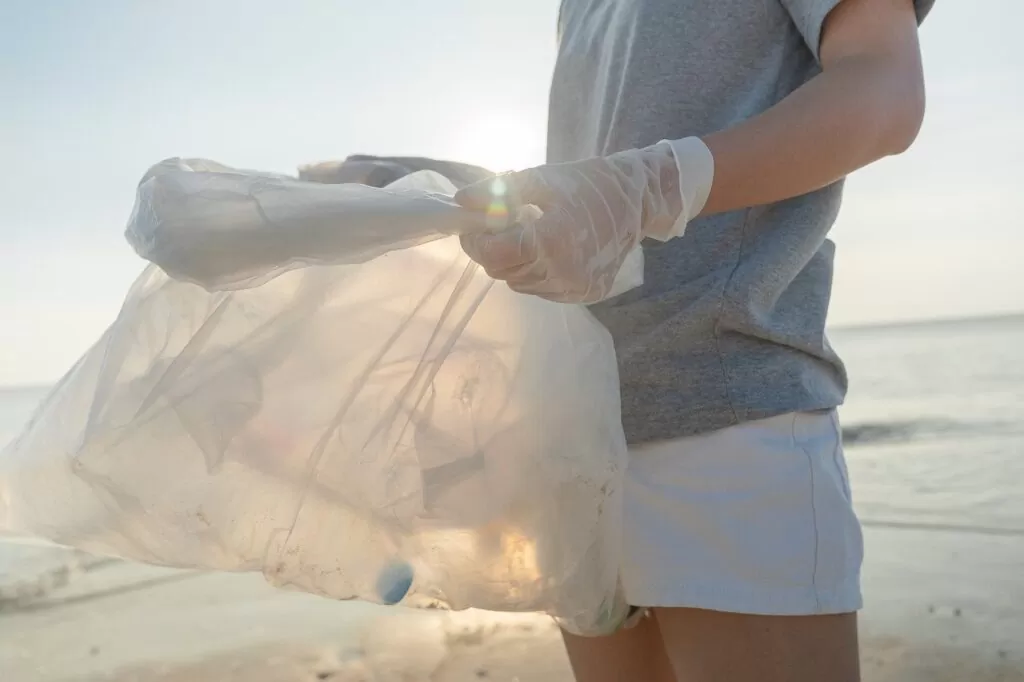Collecting data on plastic pollution: a practice beyond beach cleaning
The Bioplastic Lab from the University of Alicante and the ViSS project organise a beach cleaning on the coast of Calpe, Spain
Combining traditional beach cleaning practices with the innovative approach of citizen science. This is the lesson the research team taught to engage students in the preservation of nature last May.
Participants were not only committed to collecting plastic items but also to documenting materials found using a standardised classification system. The data was uploaded to the Maritime Litter Watch app, which is a valuable resource for environmental managers and policymakers. This information helps them design more effective strategies to combat plastic pollution. Additionally, the data becomes easily accessible to the public, which promotes awareness and understanding of marine pollution.
The event took place over two days, including roundtable discussions and presentations where participants become an active part of the initiative.
Picture of the Bioplastic Lab (University of Alicante)
Wrapping the event: highlights from the World Circular Economy Forum (WCEF)
The ViSS project took part in the Innovation Forum 4 Plastics, a side event of the WCEF
Last April 19th, the World Circular Economy Forum spotlighted innovative solutions from EU-funded projects to improve plastic recycling and circularity, aligning with crucial European regulations such as the EU Plastics Strategy and EU Circular Economy Action Plan.
ViSS‘s contribution emphasized the various regulatory, technical, and financial barriers obstructing the advancement of bio-based plastics production technology. Additionally, ViSS representatives analysed market opportunities for new sector technology, highlighting limitations stemming from gaps in research and innovation.
Picture of ViSS project
Cleaning our shorelines: more than just volunteering
University of Alicante, one of the ViSS project partner, organised a beach clean-up where students from the Department of Ecology collected plastic waste from the shores of Agua Amarga (Spain) on February 25th
Besides serving as a volunteering opportunity, the event offered a Citizen Science experience, where participants have also recorded their findings using a standardized classification system. Subsequently, these data were uploaded to Marine Litter Watch, a citizen-based app that makes it accessible to anyone interested in utilizing it.
The analysis of the data, well explained in the paper titled “Anthropogenic and environmental factors partly co-determine the level, composition and temporal variation of beach debris”, shows that both environmental and anthropogenic factors co-determine the level and composition of beach debris.
Coastal clean-up initiatives like the one organized by the University of Alicante, exemplify ViSS’s dedication to fostering environmental awareness and community engagement through impactful actions.
Picture courtesy of the University of Alicante
Earth Day 2024: a global initiative to safeguard our planet
The day the planet said no to plastic
The Earth Day is a global celebration honouring the environmental movement and sustainable policies. The event is of major importance for the ViSS project, as the theme for the 2024 edition is “Planet vs. Plastic” and intends to raise significant awareness across all sectors of society on the health and environmental risks associated with fossil-based plastics.
First held on April 22, 1970, the Earth Day has evolved into the largest civic event on Earth, mobilizing over 1 billion people annually across 192 countries. The event engages individuals, industries and governments in phasing out single-use plastic and calling for a 60% reduction in its production by 2040. Additionally, the event will represent a significant opportunity to push for a robust UN Treaty on Plastic Pollution.
Numerous initiatives will be organised around the world, offering everyone the opportunity to shape a better and more sustainable future. Visit the following link for more information.






